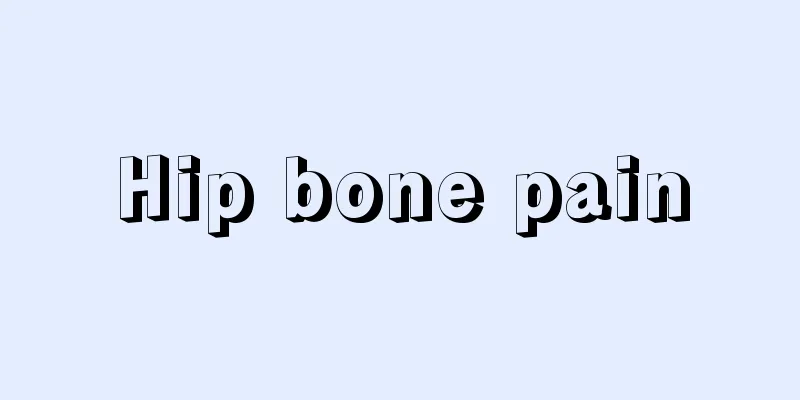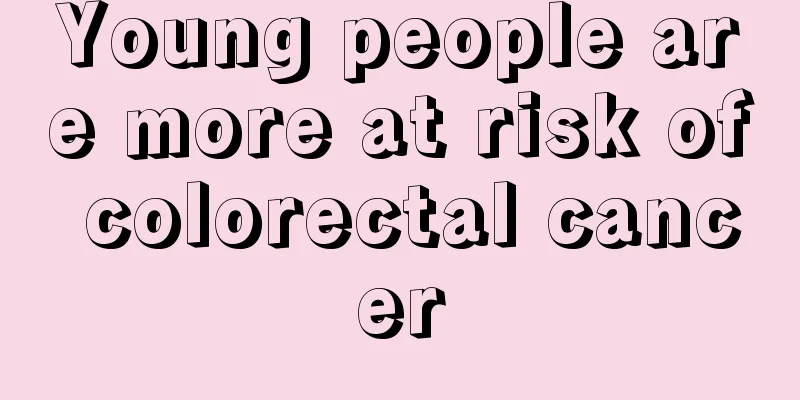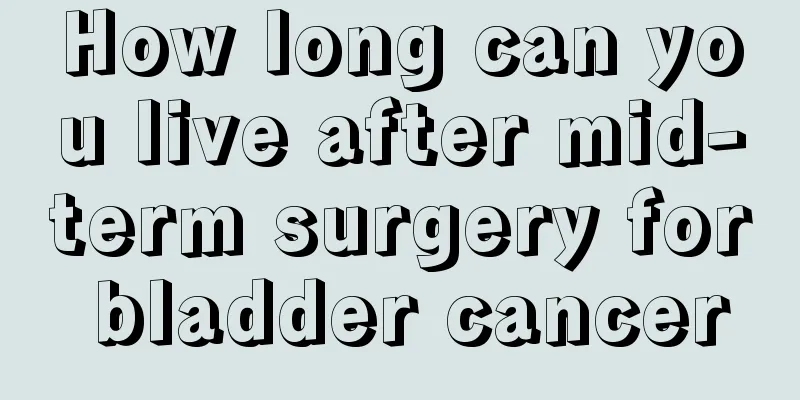Hip bone pain

|
A person's body is made up of a skeleton, and every part of the body is supported by bones. Pain in the hip bones may be caused by external impact. The pain caused by this situation will not last too long and will slowly recover on its own. However, if the hip pain is caused by other reasons, you may need to go to the hospital for a check-up to avoid serious illness being ignored. So what causes hip bone pain? Early symptoms include pain in the affected buttocks, groin or waist, pulling pain in the knee joint, chills, weakness, soreness and numbness in the lower limbs. These symptoms do not necessarily appear at the same time, and only one or two symptoms may appear. These symptoms may persist or disappear within a short period of time. At this time, a CT scan or MRI examination in the hospital can make a diagnosis. If only X-rays are taken, it is not easy to make a diagnosis because only the rough surface of the femoral head and a small amount of small cystic changes in the head are shown in the early stage. However, due to the increased pressure within the femoral head, the patient's pain is more obvious and is often misdiagnosed as lumbar spondylosis, arthritis, sciatica, etc. Therefore, medical workers and patients need to have knowledge of the prevention and treatment of femoral head necrosis, and do not miss the opportunity for early diagnosis and early treatment. In the middle stage of femoral head necrosis, the main symptoms include lameness, pain when walking, abduction and adduction of the hip joint, and functional disorders. When taking X-rays, partial disappearance of trabeculae, cystic changes, formation of sclerotic bone, and fracture and collapse of the femoral head cartilage can be seen. In the late stage of femoral head necrosis, the patient has more severe limping, difficulty walking, pain, obvious atrophy of the lower limb muscles, lower limb weakness, chills, difficulty squatting, and difficulty abduction and adduction. At this time, X-rays will show that the femoral head is flat, the joint space is narrow or disappeared, there are obvious cystic changes, a large area of sclerotic bone, complete rupture of the femoral head cartilage, and uneven joint surface. This is the late stage of femoral head necrosis. TCM treatment of femoral head Femoral head necrosis is very similar to frozen shoulder. Both are caused by the drying up of lubricating fluid in the joints, and are caused by wind-cold, rheumatism or trauma. If more than two people perform massage, acupuncture, cupping, and oral medication to dispel cold, activate blood circulation and strengthen bones, the effect will definitely be seen in a week. |
<<: Headache and high blood pressure
>>: The cold wind gives me a headache
Recommend
Bronchitis dry cough
The fog and rain from March to May every year is ...
What are the methods for early diagnosis of lung cancer? 3 methods can be used to diagnose early lung cancer
Methods for diagnosing early lung cancer include ...
Why do ovarian tumors recur
Ovarian tumors are a major killer of women's ...
Is renal hamartoma harmful and serious?
Renal hamartoma is generally benign, but it may c...
Is honey acidic or alkaline
Honey is a very common food. This kind of food is...
Watching less TV can reduce hunger
Scientists have confirmed that eating at night is...
What are the adverse consequences of great saphenous vein resection?
In life, we all know that when varicose veins of ...
What is the effect of using Platycladus orientalis leaves to wash your hair
Hair loss is quite common in our daily life. If t...
What daily health tips do you know?
There are many aspects to common sense of health ...
Will my weight decrease if moisture is expelled
There are more and more weight loss institutions ...
What is the panda blood type
Do you know what panda blood type is? You must ha...
What causes thick, yellow and cracked tongue coating?
I believe everyone is familiar with the symptom o...
How to prevent liver cancer metastasis? This can prevent liver cancer metastasis
Cancer itself is difficult to treat, especially l...
How to treat breast cancer
It is understood that the incidence of breast can...
Tips on how to clean yellow milk stains
Most families with babies wash their babies’ clot...









